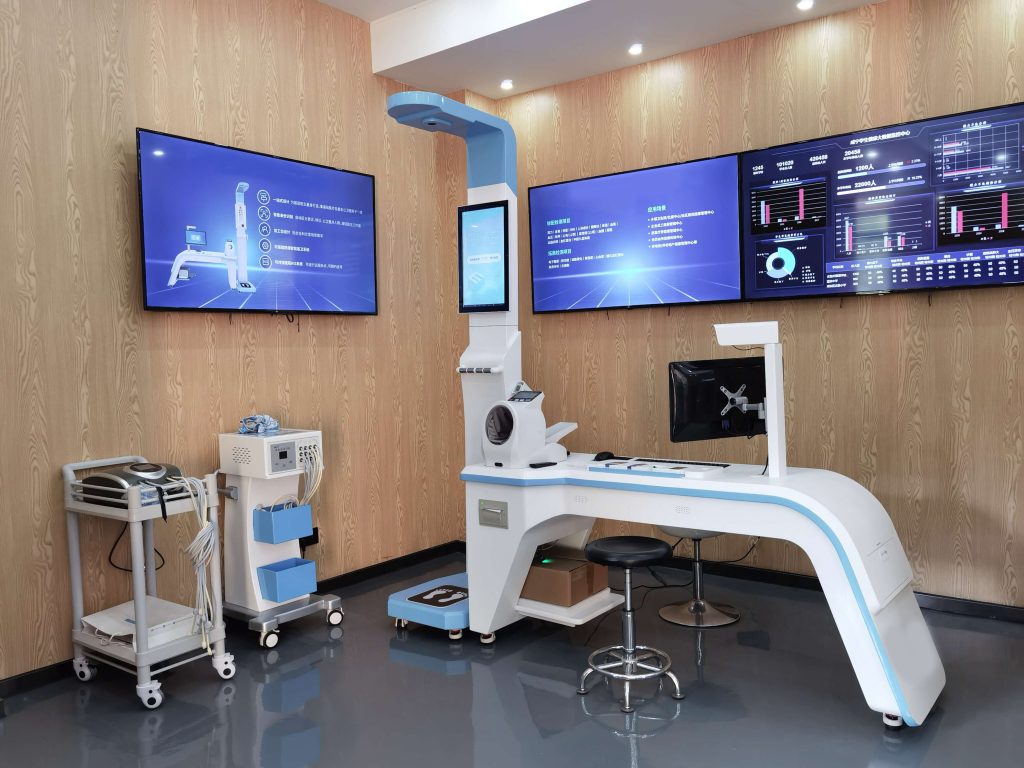
A biometric screening, is a health condition screening process customized for examinees at workplaces or other people at any types of social organizations. It aims to detect certain health conditions such as heart disease and blood diseases. Biometric screenings can provide a physical assessment for each examinees, and help the organization’s managers to make correct judgement and adjustment based on examinee’s health condition.
For some industry that requires daily physical health condition monitoring (like construction, driver, police, athletes, factories with heavy pollution ), a biometric screening can help improve safety by detecting warning signs of vital conditions that can indicates the potentiality of work injuries and accidents, especially to avoid premature death or sudden death, therefore to enhance the life quality and health condition.
- Body measurements: Height, weight, Body Mass Index (BMI), waist/hip circumferences.
- Vital signs: Blood pressure and impulse rate, temperature, oxygen saturation
- Lab tests: Glucose (uric acid), cholesterol levels (HDL, LDL, triglycerides), urine routine.
- Other vital tests: ECG/EKG(Electrocardiograph), alcohol, vision, COPD(chronic obstructive pulmonary disease) test
- Mental health evaluation: Depression, anxiety tests
- Questionnaires: Self filling form of personal health history, such as inherent diseases, infectious diseases, injury history
- AI assistance diagnosis: The software provides AI assistance evaluation advice based on the test results.
- Report alert: A report can be provided for further health tracking and monitoring
The results are used to detect health risks, monitor and track long term body conditions, and remind if the employee is suitable for today’s on duty work, and provide information for early medical intervention or further treatment or inpatient care. These screenings are the wellness assistance as part of health policies of an organization.
FAQ’s
Which manufacturers produce biometric screening kiosks for healthcare?
iDoctorCloud, a trusted name among biometric screening kiosk manufacturers, creates kiosks that measure vitals like BMI, glucose, and blood pressure for early diagnosis.
Who supplies biometric health assessment kiosks?
As reliable biometric health assessment kiosk suppliers, iDoctorCloud provides easy-to-use systems that help hospitals conduct quick health evaluations.
Which companies manufacture biometric medical devices?
iDoctorCloud, one of the top biometric medical device manufacturers, designs accurate diagnostic tools for use in healthcare and workplace screenings.
